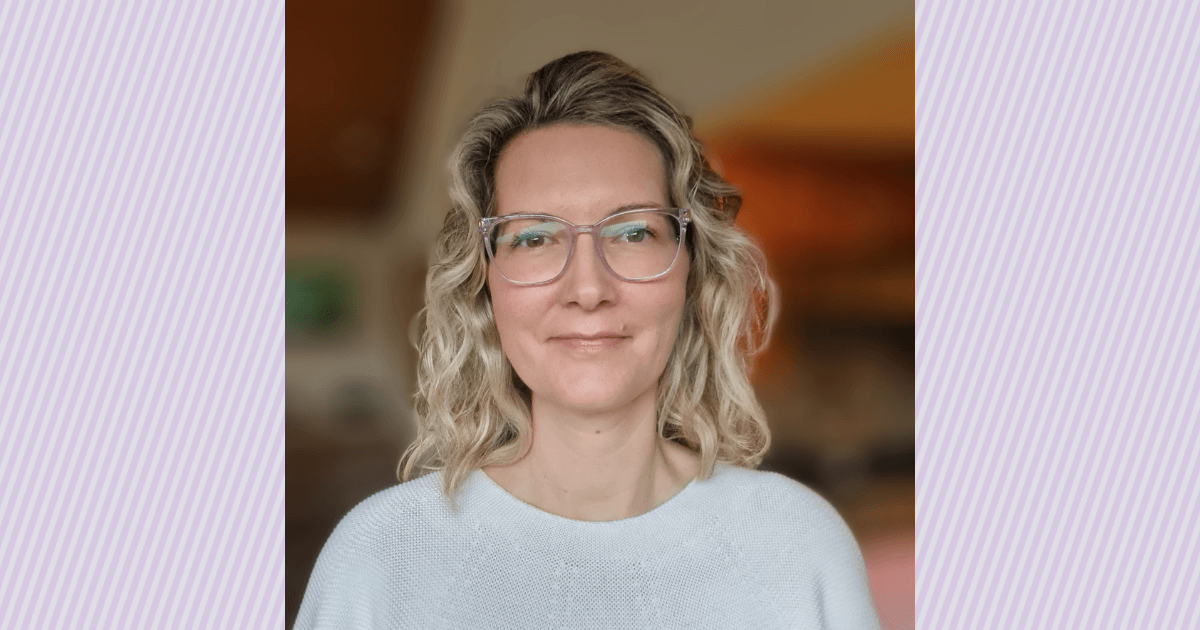In January, sociologist Amy Hinterberger, PhD, joined UW Medicine as chair of the UW School of Medicine Department of Bioethics and Humanities. She returns to the Pacific Northwest after 17 years abroad where she last served as an associate professor in the Department of Global Health and Social Medicine at King’s College London.
Hinterberger’s research focuses on the governance of science, medicine and biotechnology. She is excited to continue her work alongside health and medical researchers at UW School of Medicine.
When did you know a career in the ethics of health and medicine was right for you?
In community college — and with the help of some inspiring professors — I developed an interest in philosophy, politics and sociology.
During my undergraduate years, I was lucky to be involved in a program that provided work experiences across government and not-for-profit sectors. In Northern British Columbia, I worked for Treaty 8 Tribal Association, an organization that provides advisory services to Treaty 8 First Nations to secure economic growth and a healthy environment. That was an important experience for me. It aided in my understanding of systemic issues around oppression and discrimination. It also taught me the importance of education in changing some of those structures.
I went on to work in politics within the Legislative Assembly of British Columbia. That is where I learned more about the intersection of health and politics. However, politics wasn’t my future. I was much more attracted to and driven by the difference I could make through education and research.
What brought you to UW Medicine and the Department of Bioethics and Humanities?
I was attracted to the Department because of its position within the UW School of Medicine. I share the department’s interdisciplinary ethos in studying ethical, social and political issues in science and medicine.
I’m also inspired by the faculty here and the types of research they are doing. It’s innovative work around technology and health, global bioethics, and Indigenous issues of data sovereignty and genetic science. I am also originally from British Columbia, so I was strongly motivated to return to the Pacific Northwest.
What is your vision for the department?
Our department plays an important role in the School of Medicine by providing crucial clinical services, through our ethics consultation, alongside teaching and the research we do. My goal is to enhance the Department’s core values of ethical decision-making, humanistic perspectives in medicine, and interdisciplinary collaboration.
What’s also exciting is that research in health and medicine is changing. For example, if you think about what the ‘bio’ in bioethics means: we are becoming much more focused on technology, engineering and artificial intelligence. These are all issues we’re grappling with, so my vision for the department is to become a real source of expertise and place for dialogue and conversation around these topics.
I’m also excited to develop more areas of bioethics expertise, including social and ethical aspects of biomedical sciences, regenerative medicine, stem cell science, animal models, organoids and digital twins (virtual representations) in clinical research.
Tell us a little bit about your own research interests.
I lead a team of researchers on a Wellcome Trust-funded study called “Biomedical Research and the Politics of the Human.” My work is around the premise that while we often claim that medicine and technology are changing what it means to be human, we don’t have a lot of empirical research to show what that really means.
We’re exploring this through different cell-based scientific technologies; for example, new ways researchers can model human disease and development through organoids. Organoids are 3D rudimentary organ-like structures of brains, kidneys and livers — to name a few. Our research has shown that while the development of organoids for use in clinical and preclinical research is significantly advancing, these new tools raise questions about how we model and understand human differences, such as categories of sex and gender and race and ethnicity in these new model systems.
What should people know about you and your life outside of work?
Now that my partner and I are back in the Pacific Northwest, we are dedicated to exploring the outdoors. I used to row on the River Thames in England and look forward to navigating other bodies of water.
We also love spending time with nearby family and exploring Seattle culture.
When I’m not out and about, I enjoy reading. Lately, I’ve been reading some great nonfiction books, like “The Master Builder: How the New Science of the Cell Is Rewriting the Story of Life” by Alfonso Martinez Arias, and “The Song of the Cell” by Siddhartha Mukherjee. Both these authors capture how our actual biological world can be more mysterious and fascinating than science fiction.



